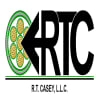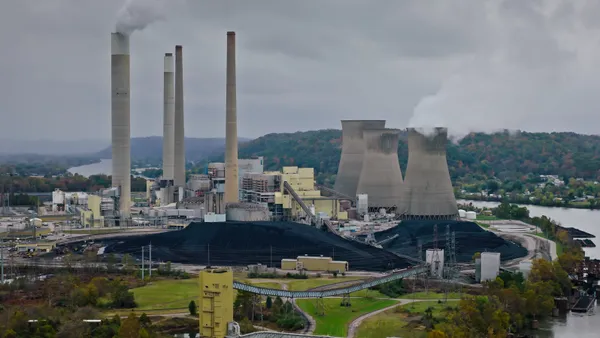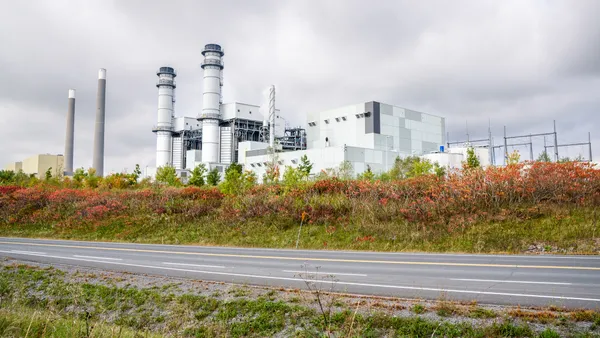Dive Brief:
- The nuclear industry has asked the U.S. Nuclear Regulatory Commission for a "limited revision" of its regulations governing the decommissioning of nuclear power reactors, saying some changes are needed to make the process more efficient.
- According to the Nuclear Energy Institute, plants are spending more than $1 million each month to comply with rules which should no longer be on the books, generally resulting in an inefficient process requiring more work than necessary.
- A quick decision on the proposed changes, NEI said, would help more than a dozen plants which are going to be shut down in the near-term, by 2020.
Dive Insight:
NEI said its suggestions, in response to a proposed rulemaking announced last year, should carry weight because they are based so much on recent history, including the closure of Vermont Yankee Nuclear Power Plant, Crystal River Nuclear Power Plant in Florida, San Onofre Nuclear Generating Station in California and the Kewaunee Power Station in Wisconsin.
NEI said the commission's decommissioning regulations are "generally proven and effective," pointing out that 10 commercial power reactors have safely completed decommissioning and 18 more are now undergoing the process. "However, the industry’s recent experience has revealed shortcomings in the regulatory process of transitioning a plant to decommissioned status," NEI said in a statement.
The group told federal regulators that during the period when a reactor is permanently decommissioned, "gaps in the existing regulations do not adequately recognize the associated reductions in risk profile." As a result, companies pursue multiple exemptions and license amendments in areas like security and insurance, creating unnecessary workloads and expenses.
“As we go through these transitions, the exemption process typically takes 12 to 18 months to complete, with more than $1.5 million a month in expenditures, two-thirds of which is on the industry side, while plants spend over $1 million per month complying with requirements that should no longer apply to them,” NEI Senior Director of Used Fuel and Decommissioning Programs Rodney McCullum said earlier this month at a briefing for NRC commissioners.
NEI said a limited-scope rulemaking should focus on reducing the number of licensing actions needed during decommissioning. This focus “would be consistent with NRC rulemaking requirements regarding cumulative effects,” McCullum said. “By targeting the rulemaking in this manner, the goal of reducing the burden of unnecessary licensing actions can be accomplished in a more timely manner.”














